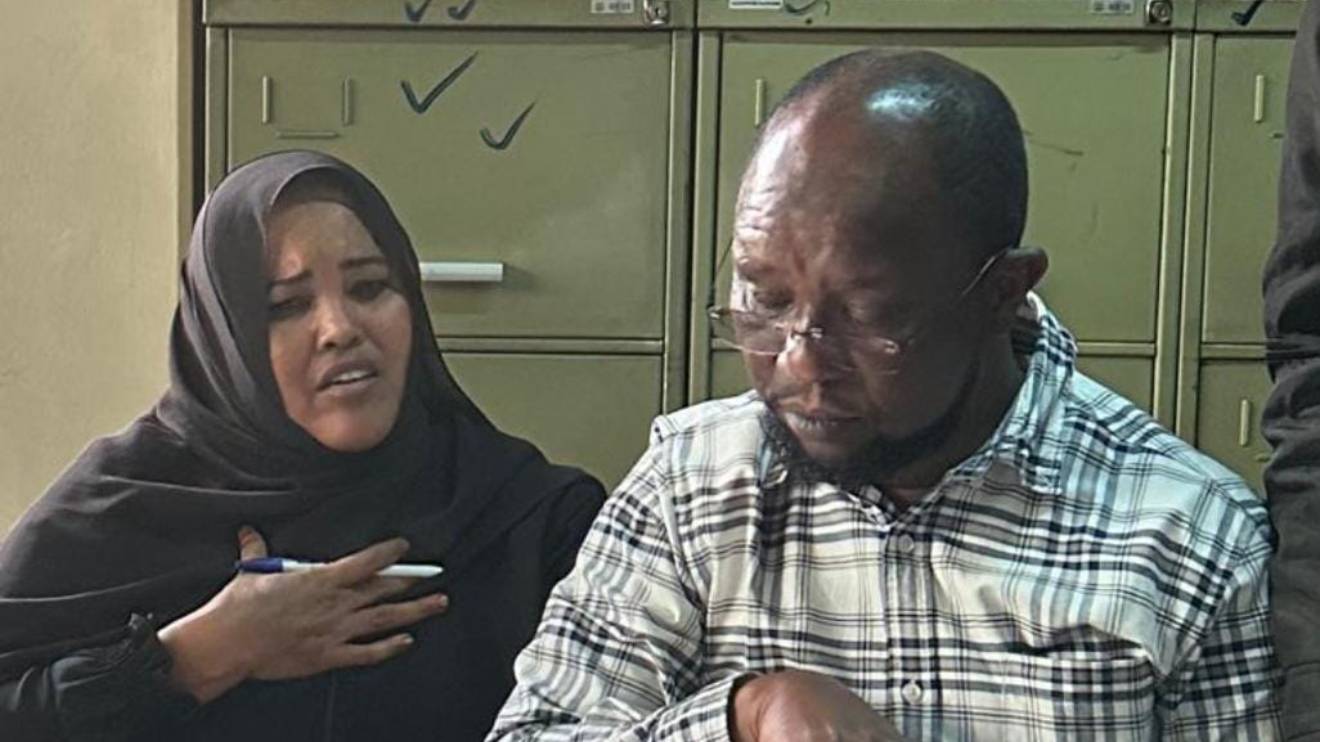In a dramatic turn of events, former Isiolo South Member of Parliament Abdi Tepo and his wife, Halima Gura Roka, were arrested on Thursday afternoon.
Roka, previously a Quality Assurance Officer at the defunct National Health Insurance Fund (NHIF), is a key suspect in a multi-million shilling graft scandal under investigation by the Ethics and Anti-Corruption Commission (EACC).
The couple’s apprehension followed a tense encounter at their residence, where the former MP allegedly attempted to open fire on EACC detectives conducting a search operation targeting his wife.
The detectives were investigating Roka’s involvement in the NHIF corruption case when the situation escalated.
During the search, EACC officers discovered two briefcases filled with US dollars, estimated to be worth millions. Additionally, they found assorted chemicals in both powder and liquid form, suspected to be used for manufacturing counterfeit notes.
Read More
Subsequent tests at the EACC Integrated Financial Forensic Lab confirmed that the seized notes were fake.
This evening, the Officer Commanding Station (OCS) at the EACC Police Station handed over Hon. Tepo, Roka, and the confiscated items to the Directorate of Criminal Investigations (DCI), which will continue with the case.
The items handed over included the fake currency, a Ceska Pistol with an expired firearm permit, and the chemicals found during the search.
The EACC operation was part of a broader investigation targeting seven prime suspects in the NHIF scam.
Among those implicated are the former NHIF Quality Assurance Officer, the Eastleigh NHIF Branch Manager, and five directors of Beirut Pharmacy.
The pharmacy is accused of fraudulently obtaining Sh199 million from NHIF through fictitious claims facilitated by NHIF officials.
The Beirut Pharmacy case is one of several under investigation by the EACC, aiming to prosecute those responsible and recover lost public funds.
The Commission’s efforts underscore its commitment to rooting out corruption and ensuring accountability within public institutions.











